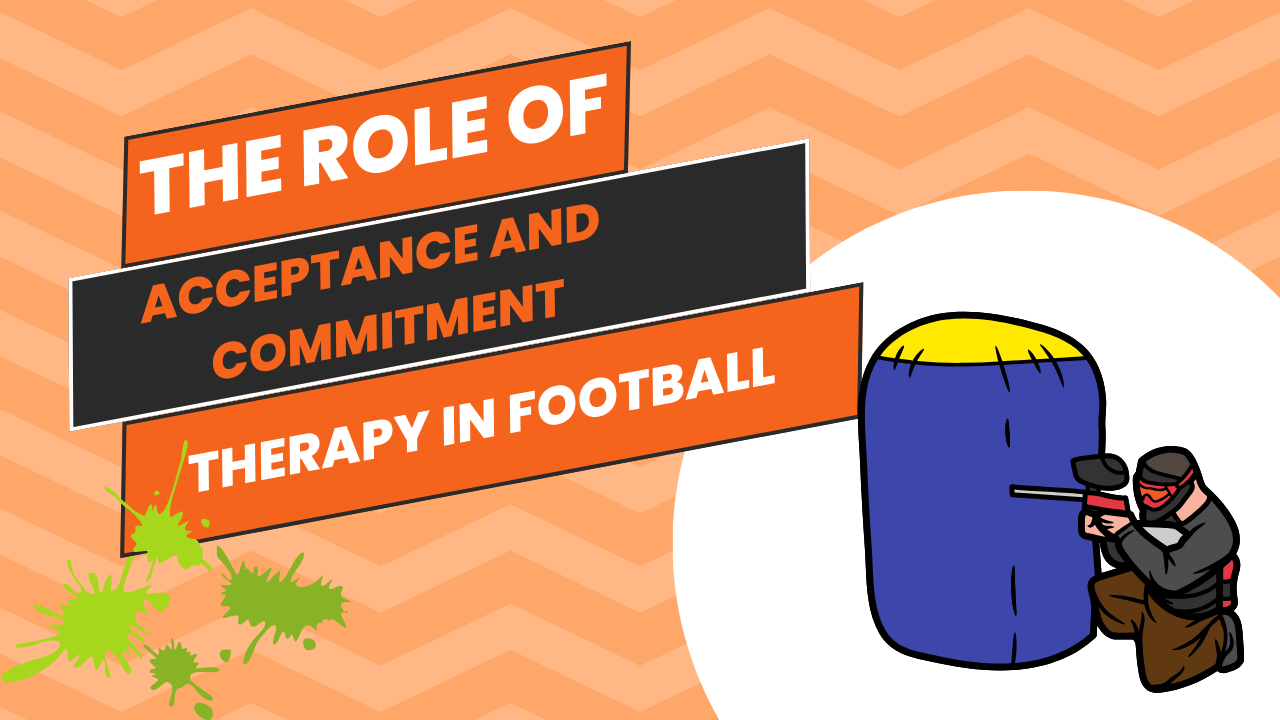In the competitive and physically demanding world of football, mental toughness is as crucial as physical strength. Amidst the rigorous training and high-stakes games, the psychological wellbeing of players often takes a backseat. However, a growing body of evidence suggests that mental health strategies, particularly Acceptance and Commitment Therapy (ACT), play a pivotal role in enhancing performance on the football field.
Let’s dive into how ACT is making a significant difference in football, fostering resilient, focused, and mentally agile athletes.
Understanding Acceptance and Commitment Therapy
Acceptance and Commitment Therapy (ACT) is a form of psychotherapy that encourages individuals to embrace their thoughts and feelings rather than fighting or feeling guilty for them. It focuses on six core processes, including acceptance, cognitive defusion, being present, self-as-context, values, and committed action. By integrating these processes, ACT aims to increase psychological flexibility, enabling individuals to act in alignment with their values and interests, even in the face of challenging or distressing situations.
Enhancing Mental Resilience in Footballers
The pressure to perform in football can be immense. Players often grapple with fear of failure, performance anxiety, and the stress of expectation, which can undermine their confidence and focus. ACT steps in as a powerful tool to build mental resilience, teaching players how to accept uncomfortable feelings and thoughts as part of the game, without letting them impede their performance.
Through mindfulness techniques, athletes learn to stay present, focusing on the game rather than being caught up in their heads.
Improving Focus and Concentration
One of the critical aspects where ACT makes a difference is in enhancing players’ focus and concentration. By learning to acknowledge distracting thoughts without getting entangled in them, players can maintain a laser-sharp focus on the game. This mental clarity is invaluable during high-pressure moments, where a split-second decision can turn the game around.
Fostering Team Cohesion
ACT’s emphasis on values and committed action extends beyond individual benefits, fostering a sense of unity and purpose within the team. Players who undergo ACT training often report a stronger connection with their team’s values and goals, translating into better on-field coordination and teamwork. This shared commitment can be a powerful motivator, driving teams towards collective success.
Supporting Recovery
Recovery from injury is another area where ACT proves beneficial. The psychological impact of injuries can be daunting, with athletes facing uncertainty, frustration, and sometimes depression. ACT helps athletes accept their situation, focusing on what they can do rather than what they can’t. This positive outlook accelerates the recovery process, encouraging a healthier return to play.
Conclusion
The role of Acceptance and Commitment Therapy in football is becoming increasingly recognized as a game-changer. By promoting mental wellbeing, resilience, and a values-driven approach to the sport, ACT is equipping players with the psychological tools to excel, both on and off the field. As football continues to evolve, integrating mental health strategies like ACT will undoubtedly become a staple in nurturing well-rounded, high-performing athletes.
In the high-stakes world of football, where physical prowess is celebrated, the silent strength of a resilient mind is the unsung hero behind the scenes.

